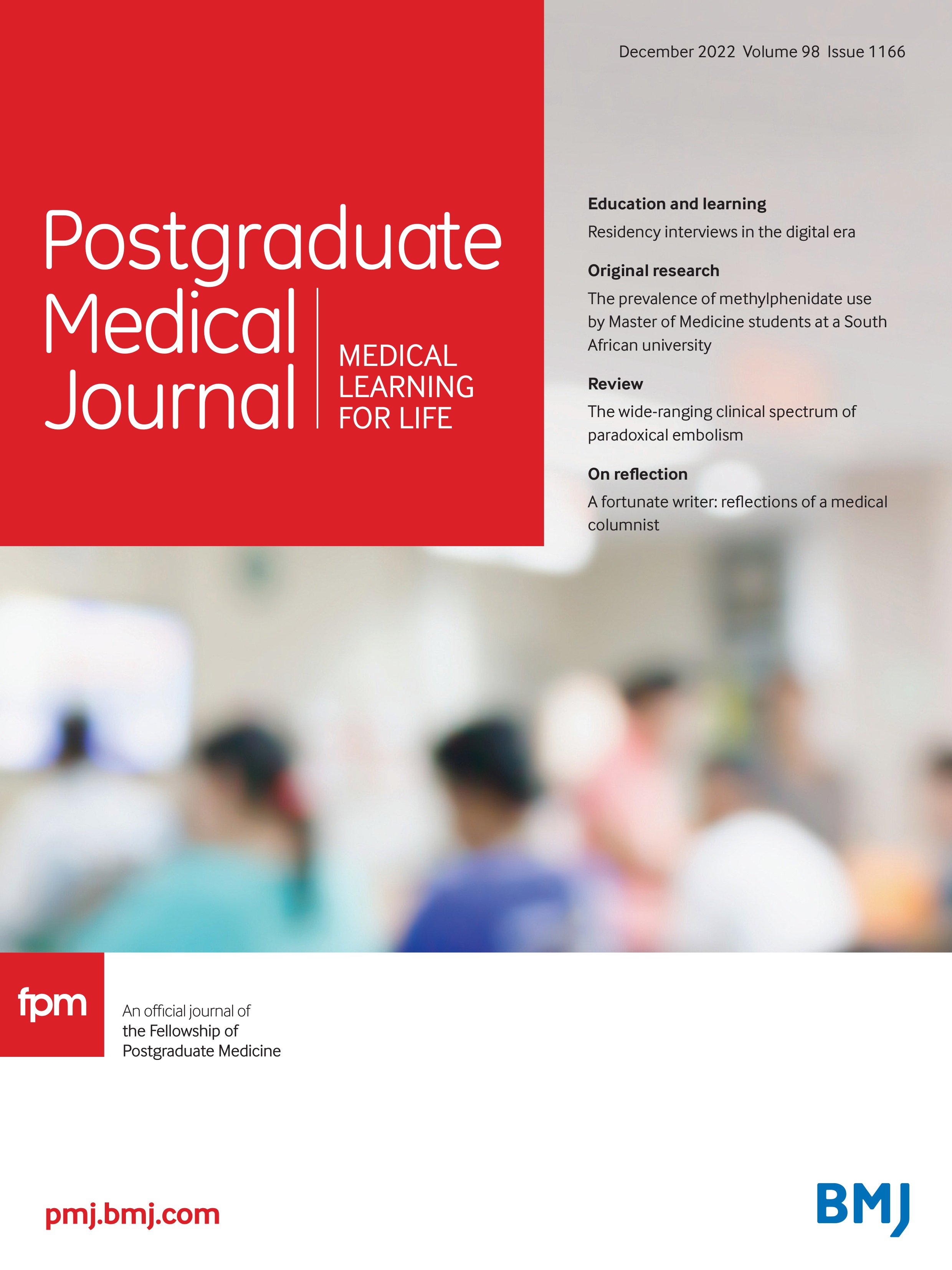Abstract
Several immune checkpoint inhibitors targeting programmed death ligand 1 (PD-L1)/programmed death 1 have successfully improved the prognosis of oesophageal squamous cell carcinoma (ESCC) with approval in certain countries. However, whether the expression of PD-L1 is associated with the degree of benefit is unclear yet and a unified standard of antibody and cut-off value of PD-L1 detection is also lacking. The current meta-analysis then aimed to explore the association between PD-L1 expression and clinicopathological features as well as prognosis in ESCC.
A systematic search on PubMed, Embase, Cochrane Library and Web of Science databases was performed up to 30 March 2021. The correlation between PD-L1 expression and clinicopathological features, as well as prognosis in ESCC, was estimated with the random-effects model.
A total of 5368 patients from 31 retrospective studies were enrolled. The overexpression of PD-L1 was significantly associated with lymph node metastasis (OR 1.342, 95% CI 0.995 to 1.809, p=0.050) and distant metastasis (OR 1.516, 95% CI 1.001 to 2.294, p=0.050). The pooled HR showed that PD-L1 overexpression was significantly correlated with poor overall survival (OS) of patients with ESCC (HR 1.306, 95% CI 1.108 to 1.539, p<0.010) but not disease-free survival (DFS) (HR 1.180, 95% CI 0.937 to 1.487, p=0.160). Heterogeneity decreased significantly in subgroup analyses. The overexpression of PD-L1 was associated with poor DFS at the cut-off point of ≥1% (HR 1.642, 95% CI 1.367 to 1.973, p<0.010; I2=0%) and worse OS at the cut-off point of ≥10% (HR 1.575, 95% CI 1.175 to 2.111, p<0.010; I2=0%).
The overexpression of PD-L1 was correlated with lymph node and distant metastasis as well as poor survival of ESCC.
- oesophageal disease
- epidemiology
- epidemiology
- immunology


